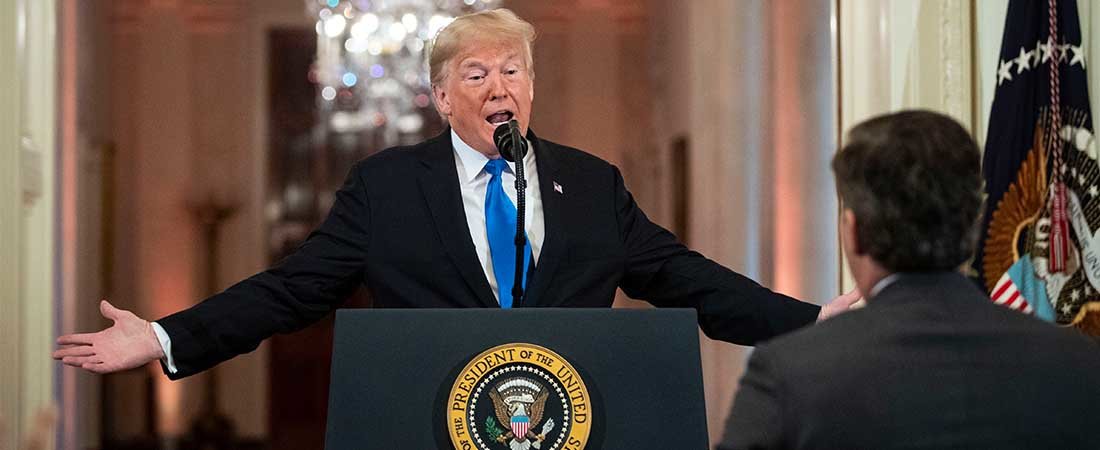While visiting London last week, President Trump made a splash by seeming to suggest the NHS was of interest to the U.S. as part of a potential post-Brexit US/UK trade agreement.
With his usual clarity, Trump said, “When you’re dealing in trade everything’s on the table, so NHS or anything else… but everything will be on the table, absolutely.”
Trump’s remarks followed those made by the U.S. Ambassador to the United Kingdom and Trump pal, Woody Johnson, earlier in the week. When asked whether healthcare would be part of a trade deal, Johnson told an interviewer that, yes, “I would think so.”
Does President Trump want to take over and privatise the NHS, as UK Labour Leader Jeremy Corbyn has suggested? No. Neither does the U.S. want to limit the scope of services the NHS provides to U.K. citizens.
But many in the United States want to see changes at NHS and NICE. And a possible post-Brexit trade agreement would be the most likely avenue for such a discussion.
First is the issue of “privatisation” of the NHS. While Trump was in London, Corbyn said he and Labour would oppose “offering up our precious, wonderful National Health Service to private American companies to come in and take it over.”
However, even before Brexit and a new trade agreement, there are some U.S. companies already working with the NHS. The Health Corporation of America (HCA), a large investor-owned hospital company based in the Nashville, Tennessee is already running some private services under contract with NHS. Optum, the health management/pharmacy benefit manager arm of US insurer United Healthcare, is already providing medication management services to NHS. So “privatisation,” in one form or another, is already happening.
But U.S. healthcare firms would like to do more in the UK. And they will likely seek ways to make their participation easier and more profitable in any trade agreement between the two nations.
Further, big pharmaceutical companies are keenly interested in using a potential bilateral trade agreement to amend the health technology assessment process relied upon by NICE and NHS to set drug prices in the U.K. President Trump has complained about European nations “freeloading” on much higher U.S. drug prices, suggesting that Americans are underwriting much of the cost of research and discovery while Europe benefits from government-negotiated lower prices.
There is precedent for incorporating drug pricing in trade deals with the U.S. It’s been done in trade deals with Mexico, Canada and South Korea. Already, the Pharmaceutical Research and Manufacturers Association (PhRMA), the drug company lobby in the U.S., has urged the U.S. Trade Representative to include changes to the health technology assessment process, valuation and pricing.
High prices for drugs remain a huge issue in American politics, of course. And while Trump and pharma would like to see higher prices for drugs paid across the pond, they are also seeking to leverage the lower prices European health systems pay by indexing the price of some drugs in the U.S. to those in the U.K. and elsewhere. Pharma companies oppose such indexing, of course. But Trump’s team argues that what they really want is a level playing field for drug prices… which in their mind means higher prices in the U.K. and Europe and lower prices here in the U.S.
Before he departed London, Trump suggested that U.S. interest in the NHS is limited. Trump does want to see a “great and very comprehensive trade deal” between the U.S. and the United Kingdom, but he also said that he doesn’t “see the NHS as being on the table… that’s not trade.”
So, while the U.S. does not want to take over the NHS, it is clear that healthcare, the price of drugs and access to markets will certainly be a part of any post-Brexit trade agreement between the United States and the United Kingdom.
For more in-depth analysis on the US/UK relationship, read our recent report, entitled: The special relationship post-brexit; A reality check.
Portland conducted a survey with senior decision-makers in UK businesses to understand what they think about USUK business relations post-Brexit and what it will mean for them.

